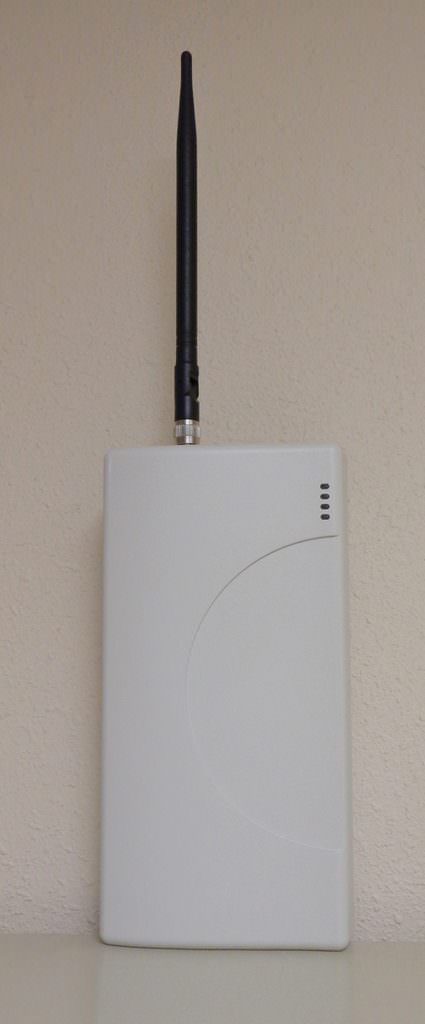
Many people often get confused about this issue. It’s important to know what a cellular communicator does and why you might need one.
If you no longer have a landline but want a monitored security system, you’ll need a cellular communicator. This acts as a cell phone for your security system, but it’s not a cell phone you can use to dial out or receive calls on – it’s solely for the security system.
A cellular communicator for your security system doesn’t have anything to do with whether you have a cell phone. What matters is whether you have a landline at your home or business. If you don’t have a landline, you’ll need a cellular communicator or always-on Internet.
How a cellular communicator works
Cellular communicators function as the primary method of communication between your alarm system and the 24/7 response center. They communicate with the response center via cellular network data channels. Cellular communicators are dedicated solely to the security system, so they are not shared with any other service such as Internet or TV.
Cell reception required
One requirement for a cellular communicator is that you need to have decent cellular reception at the location where you’ll have the security system. Most cellular communicators work with the 3 major cell carriers. Some things that can affect your cellular reception include stucco, metal siding, or hills. If you have trouble getting a good cell signal in your home, you can put an outside antenna on the system.
Some cellular communicators don’t allow you to use smart home features. If you want to view live video, arm/disarm your system, and control your lights, locks, garage door, and thermostat from your smartphone, you’ll need to make sure you have a smart home-enabled cellular communicator.
A cellular communicator allows you to have a monitored security system when you don’t have a landline. They also work great as a back-up for a landline. Just remember, a cellular communicator is like a cell phone that only your security system can use!
